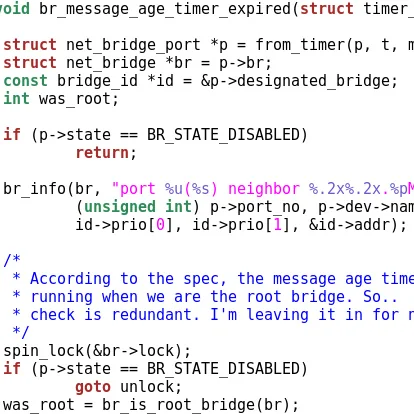Dragonfly 0.13 Database Adds Experimental SSD-Based Data Tiering, More SIMD Work

Dragonfly is designed to be a speedy, easy-to-use replacement for Redis and the project has shown it can be much faster than it as well as KeyDB and Memcached. With Sunday's release of Dragonfly 0.13 the project has introduced an improved defragmentation algorithm, experimental SSD-based data-tiering support, additions to its JSON API, the experimental replication support now works with more operations, and writes and reads of large string values are now optimized for x86 architectures with SIMD.
The new SIMD implementation for bitpacking has shown a 3.5x improvement when packing a large string. The SSD-based data tiering support is currently experimental and only supported for strings right now. The tentative feature can be enabled with the "--spill_file_prefix=" flag.
Downloads and more details on the Dragonfly 0.13 changes via GitHub.
7 Comments

